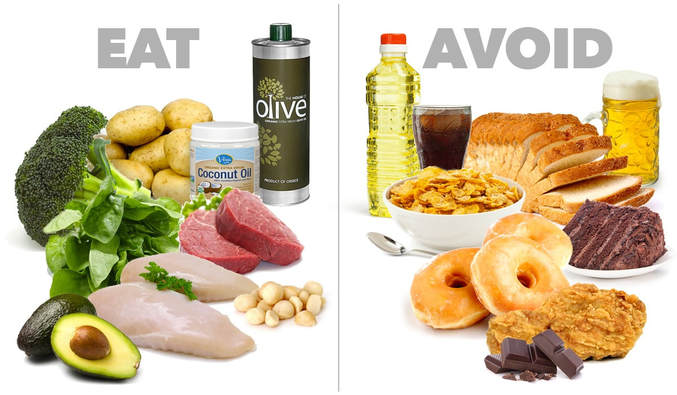|
Eating a balanced, nutritious diet has been proven to help the body function at peak performance, regenerate cells and remove toxins, but can healthy eating act as an adjuvant therapy in people with cancer? Some recent studies say yes. Articles have been published regarding the introduction of certain diets in cancer patients, including the ketogenic regimen, which have shown some promise when implemented in conjunction with other treatments.
Cancer, very broadly defined, is the uncontrolled division and regrowth of cells. While normal cells regenerate based on the body’s need, cancer cells grow abnormally and have the potential to spread to other parts of the body - a condition known as metastasis. Cancer can be caused by a multitude of different factors, including heredity, exposure to carcinogens, and lifestyle choices. Diseases such as ovarian or colorectal cancer can because by inherited genetics, whereas lung cancer or heart disease can be linked to smoking. Also, cancers such as mesothelioma can be caused by exposure to carcinogens. So, how can diet affect cancer patients? According to a Harvard University study, incidence of prostate cancer is much higher in men who eat a “Western-style diet,” which can be best described as a meat-heavy diet. In plant-based diets, more often found in the Eastern World, there are far fewer cases of prostate cancer in men 50-80. There is also ongoing research in the introduction of a ketogenic diet in cancer patients. According to the Noakes Foundation in South Africa, a “medically-prescribed ketogenic diet consists of 90% fat, 8% protein, and 2% carbohydrates.” The idea for behind the diet for cancer patients is to neglect the growth of the defective mitochondria (known as the powerhouse) in cancer cells, thus - in theory - starving the cell. While the modern medicine offers many different forms of treatment for cancer patients, maintaining optimum nutrition during the road to recovery is always encouraged. When the body has all its required nutrients, it can most effectively fight its battle, as well as prepare the patient for its regimen of treatment. In addition to eating a balanced diet, the best way to care for yourself preventatively is to take care of your body through exercise, refrain from smoking and other detrimental lifestyle choices, and check in with your doctor when symptoms arise. Through these practices, one can focus on a healthy, happy life!
2 Comments
Almeda Dent
4/16/2018 09:08:31 am
I saw a small part of Dr. Bond and the information today, April 16, 2018 on Great Day Houston. Will you be posting the clip on facebook and youtube? We would like to see all of the interview.
Reply
Dr. Bond
4/16/2018 09:12:18 am
Hello Almeda, thank you for watching. I believe the segment will be uploaded to KHOU website under Great Day Houston. We plan on posting the video here on our website.
Reply
Your comment will be posted after it is approved.
Leave a Reply. |
Archives
May 2022
|

 RSS Feed
RSS Feed